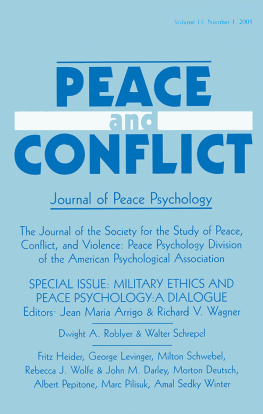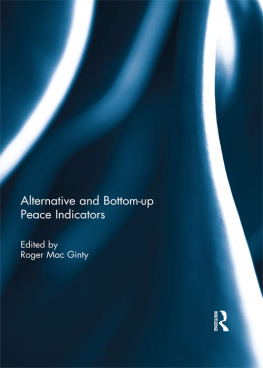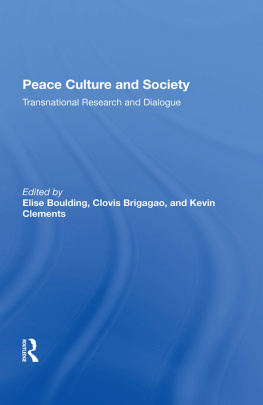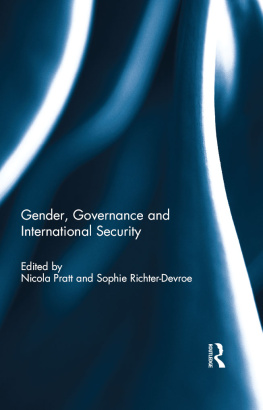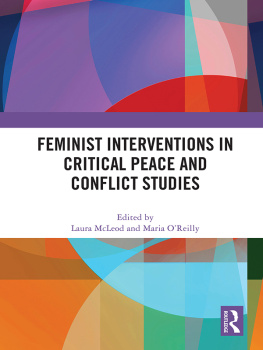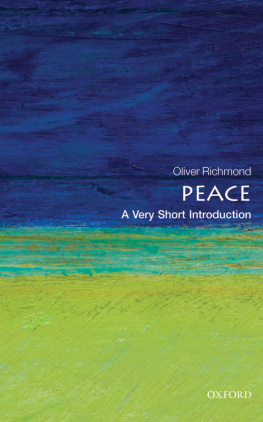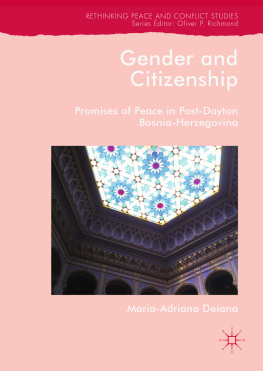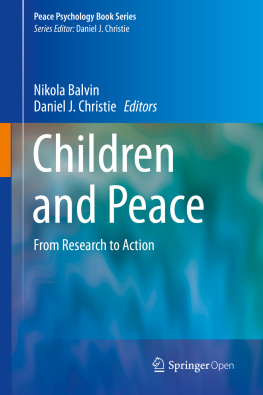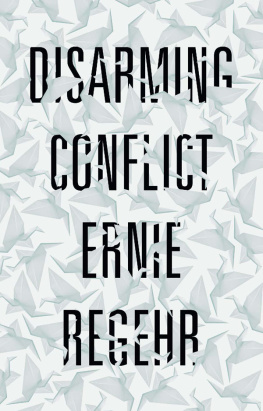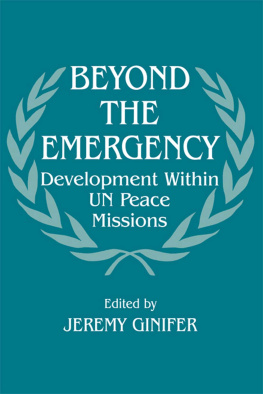PEACE AND CONFLICT: JOURNAL OF PEACE PSYCHOLOGY
SPECIAL ISSUE
Military Ethics and Peace Psychology: A Dialogue Jean Maria Arrigo, Guest Editor & Richard V. Wagner, Editor
JOURNAL ADVISORY BOARD
Rubn Ardila, National University of Colombia
Elise Boulding, Dartmouth College
Lillian Comas-Daz, Transcultural Mental Health Institute
Morton Deutsch, Teachers College, Columbia University
Susan Fiske, Princeton University
Irene Hanson Frieze, University of Pittsburgh
James S. Jackson, University of Michigan
Herbert Kelman, Harvard University
Doris K. Miller, Psychologists for Social Responsibility
Ann Sanson, Australian Institute of Family Studies
Janet Schofield, University of Pittsburgh
Milton Schwebel, Graduate School of Applied & Professional Psychology, Rutgers University
M. Brewster Smith, University of California at Santa Cruz
Ethel Tobach, American Museum of Natural History & Graduate Center, City University of New York
Henry Tomes, American Psychological Association
David Winter, University of Michigan
OFFICERS OF THE PEACE DIV ISION
President: Eileen Borris | Paat-President: Ethel Tobach |
President-Elect: Linda M. Woolf | Secretary: Albert Valencia |
Treasurer: Harvey J. Langholtz | Membership Chair: Steven E. Handworker |
Members-At-Large of the Executive Committee: Julie Levitt. Donna Read, and Michael Hulsizer |
APA Council Representatives: Corann Okorodudu and Judith Van Hoorn |
Website: http://www.webmaster/edu/peacepsychology |
Jean Maria Arrigo
Irvine, California
Richard V. Wagner
Bates College
Peace and Conflict initiates a dialogue between peace psychology and military ethics with the publication of two articles by U.S. military professionals, Dwight A. Roblyer on ethics of precision targeting from aircraft and Walter Schrepel on ethics of counterterrorist tactics
Peace psychologists traditionally favor negotiation of ideological conflicts, with cooperative endeavors where possible. In the past dozen years, the Society for the Study of Peace, Conflict, and Violence has made an effort to bring peace psychologists and military professionals together by scheduling events of mutual interest at the annual American Psychological Association meetings. For example, in 1995, a joint symposium was organized on the role of peacekeepers; in 1997, a symposium on monitoring the ethics of weapons developers, featuring former army covert operator Ernest Garcia; in 1998, a conversation hour with intelligence analyst Harold William Rood; and in 2001, a presentation by former head of the Department of Security of the Tibetan Government-in-Exile, Tashi Namgyal. These events were informative primarily for the peace psychologists. It is fitting, therefore, that we include in this dialogue a set of commentaries by peace and political psychologists, followed by responses from the two featured authors.
There are, however, potential objections to promoting a disciplinary dialogue between peace psychology and military ethics. One objection is that peace psychologists might inadvertently provide social legitimization for operations that they fundamentally disapprove or that lie beyond their ken. A lesson can be taken from the controversy over physicians participation in judicial execution by lethal injection. The positive view is that physicians can assure the condemned person a painless death. However, human rights researchers have argued that death penalty advocates actually seek the legal assistance of physicians in lethal injections so as to conceal the barbarity of execution, so evident in hanging, electrocution, and botched injections. It is the appearance of barbarity that rallies opposition to the death penalty (LeGraw & Grodin, 2003). Psychologists involvement in ethics of targeting or counterinsurgency training might similarly be seen as sanitizing barbarities.
Further, the national security community has a long history of deceiving scientists about the consequences of their contributions, bolstered by ideological and practical justifications for such deceptions. The late biological psychologist John Liebeskind, a member of the National Academy of Sciences and a great humanist, vividly expressed his combination of patriotism and suspicion:
I am a fellow with a somewhat liberal patina and a slightly, I fear, conservative core, who wants to believe that the U.S. is always good and that our military needs to do its research to keep us strong and all that, and that therefore it would be my patriotic duty, and a blow for justice, to help out if ever I would be asked . I dont think I am in a well informed position to assess the ethical consequences of any military project I might be asked to help with. They wouldnt tell me the truth (and I certainly wouldnt know if they had or not), and I wouldnt really understand all the ramifications even if they did or thought they did (J. C. Liebeskind, personal communication, October 30, 1995).
As a subtle example of Liebeskinds concern, in the 1950s the Central Intelligence Agency founded the Society for the Investigation of Human Ecology, under the leadership of psychiatrist Lawrence Hinkle and neuropsychiatrist Harold Wolff at Cornell Medical Center, as a front funding agency for its Project MKULTRA on behavior modification, that is, mind control (Marks, 1979). The humanist psychologist Carl Rogers joined the board of directors (Greenberg, 1977). A Senate investigation condemned MKULTRA for gross abuses of experimental subjects in studies at 144 U.S. universities, hospitals, research institutes, and the like (U.S. Senate, 1977). The unwitting Rogers, whose own research had been funded with no strings attached, was used as an enticement to academic scientists and as a humanistic cover for criminal experiments (Greenberg, 1977).
The national security community has reason to be wary of the peace community, too. The self-acknowledged method of human rights monitors such as Human Rights Watch is investigation of allegations, identification of perpetrators, and generation of public pressure (Roth, 2004)that is, naming, blaming and shaming (Mertus, 2004, p. 21). Indeed, retired CIA operations officer Frederick Wettering bitterly attributed the breakdown of U.S. covert actions he believed beneficial to public exposure, embarrassment, and legal and political curtailment (Wettering, 2004, p. 562). Aiming more directly, sophisticated human rights activists now work deeper within government structures, turning to particularly sympathetic ears wherever they may beas long as they have influence over policymakers (Mertus, 2004, p. 23). Roblyer, Schrepel, and the other military professionals cited here could be seen to represent those sympathetic ears who create vulnerabilities.
The peace community and the national security community, however, have become deeply interdependenteven overlapping. Weapons monitoring and inspections, multinational humanitarian interventions, and war crimes tribunals are staples of modem peacemaking. Publicly announced humanitarian rationales are crucial to modern military strategy. Political scientists and intelligence professionals have gone so far as to elucidate the hazardous partnership of local NGOs and U.S. intelligence agencies in peace enforcement and stability operations (Cline, 2002, p. 184; DeMars, 2001, p. 193).

